detail profile aleksandr milyutin
Peran Yang Di Mainkan Aleksandr Milyutin
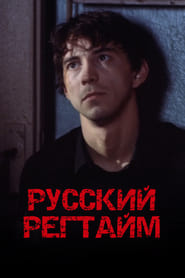 In Soviet Union young Misha is...
In Soviet Union young Misha is...Russian Ragtime 1993
In Soviet Union young Misha is dreaming to see USA, but it seems highly unlikely...
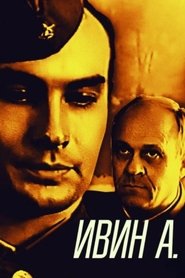 Private Internal Troops Andrei Ivin is...
Private Internal Troops Andrei Ivin is...Ivin A. 1990
Private Internal Troops Andrei Ivin is a security guard in a strict regime zone. He is absolutely not adapted to military service, a typical humanist who left the historical and archival institute. One summer, he stands at night on duty on the tower. A recidivist nicknamed Mishka Knyaz escapes. Private Ivin could not shoot him, and he was forced to go under the tribunal himself. In an explanatory note, he writes that he "refuses to continue to dispose of someone else's life." Under the supervision of the company commander Narotiev, he is sent to the disbat. Senior Lieutenant Narotiev is almost the same age as Ivin. It's hard for him to believe that the private is telling the truth. In his opinion, the soldier was simply at a loss, giving evidence, and fell asleep at the post, or, perhaps, chickened out.
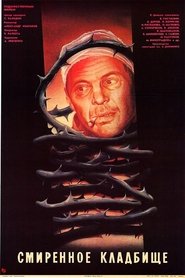 The main character Vorobei is a...
The main character Vorobei is a...The Humble Cemetery 1989
The main character Vorobei is a professional grave digger and alcohol addict, who runs away from hospital to dig graves instead of treating his head broken by his brother. He comes to cemetery and keeps on working, instead of his friends' advice to stay in the hospital. The world of death turns out to be surrounded by corruption, satanic money-making, cemetery mafia and lots of vodka.
 With a brother dedicated to punk...
With a brother dedicated to punk...The Burglar 1987
With a brother dedicated to punk rock stardom at any cost and a drunken father who chases skirt between robotic dancing lessons from the TV, young Senka stands as much chance of nurture as the hero of Truffaut's 400 Blows. The amazing thing about Ogorodnikov's film is that it was made in Russia. Clearly, plenty of Soviet teenies share the nihilistic feelings of their Western counterparts, and the extensive footage of safety-pin chic at concerts perhaps points to a sound export instinct on the director's part. Senka's brother Kostya is under pressure from Howmuch, a very heavy rocker, to steal a synthesiser from the Community Centre, so to protect him Senka steals it himself. The story occupies little more space than the music, but the performances are splendid enough to lodge Senka's predicament in the heart.
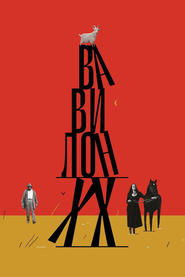 The new reality changes the usual...
The new reality changes the usual...Babylon XX 1980
The new reality changes the usual life in the village of Babylon. Attempts to communize the small town are met with resistance from the rich people living in the town. The Red Army finally puts down the resistance. Amidst the resistance philosopher Fabian returns to Babylon and tries to prevent bloodshed, but he meets a tragic fate.
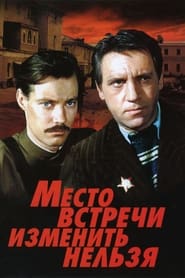 Summer of 1945 The salute of the...
Summer of 1945 The salute of the...The Meeting Place Cannot Be Changed 1979
Summer of 1945. The salute of the Great Victory died down and the country is gradually returning to peaceful life. From "fire yes into the fire" a young reconnaissance commander Volodya Sharapov falls, having come to the MUR for distribution, to the department for combating banditry. In the city the Black Cat gang rages, terrifying Muscovites. Captain Gleb Zheglov enters the fray with the bandits, for whom Sharapov soon becomes his right hand.
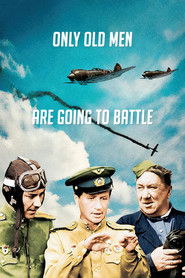 Alexey Titarenko is very talented pilot...
Alexey Titarenko is very talented pilot...Only Old Men Are Going to Battle 1973
Alexey Titarenko is very talented pilot and brave leader of "Singing group". He also must look after some new cadets and fight together with them against German Luftwaffe planes. Close to Alexey always are his friends, they are all from different parts of the country, but they all became real brothers.
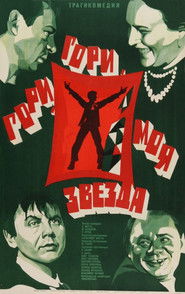 This late 60s Russian films is...
This late 60s Russian films is...Shine, Shine, My Star 1969
This late 60s Russian films is set in 1920, just 3 years after the October revolution. Folks had the choice between red and white, revolution and contra revolution. In that torn-apart-time, one man, the comedian Volodya, tries to mediate, not between different ideologies, but social life and art. While others just want to wash away their gloom, he reflects on the everyday sorrows and the role of art in that time of changes.
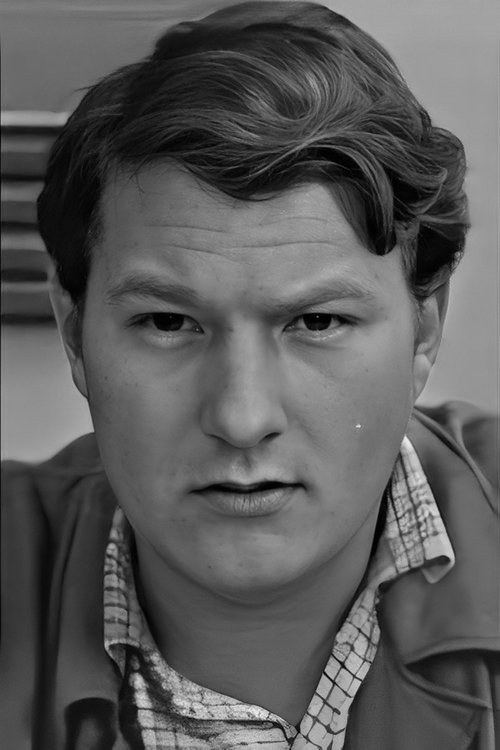
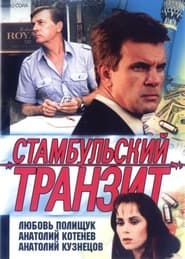
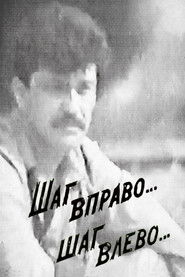 Is it possible to escape from...
Is it possible to escape from...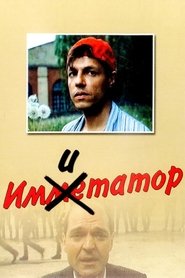 The young man decides to go...
The young man decides to go...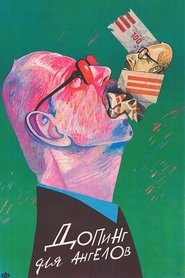
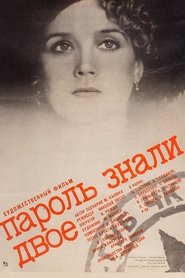
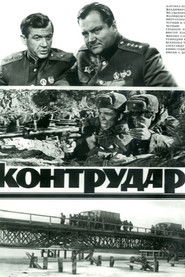 November 1943 The army of general Vatutin...
November 1943 The army of general Vatutin...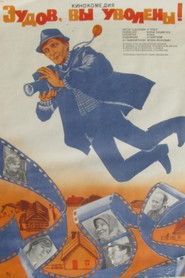 About rural projectionist Nikita Zudov a...
About rural projectionist Nikita Zudov a...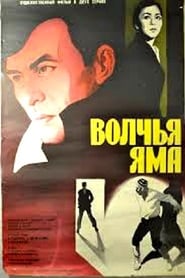 Samat is an orphan and he...
Samat is an orphan and he...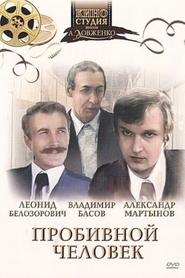 The new young director of the...
The new young director of the...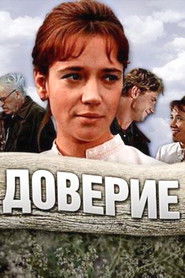 Problems of modern villages and economic...
Problems of modern villages and economic...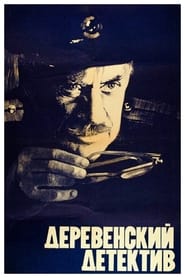 Police officer Aniskin lives with his...
Police officer Aniskin lives with his...